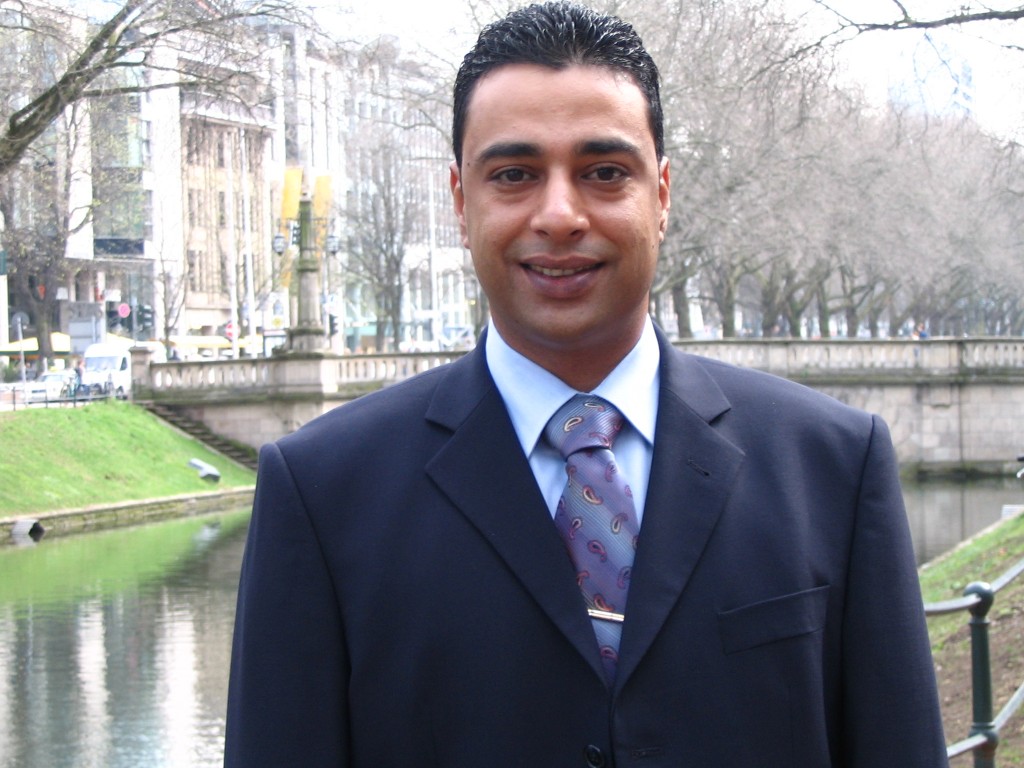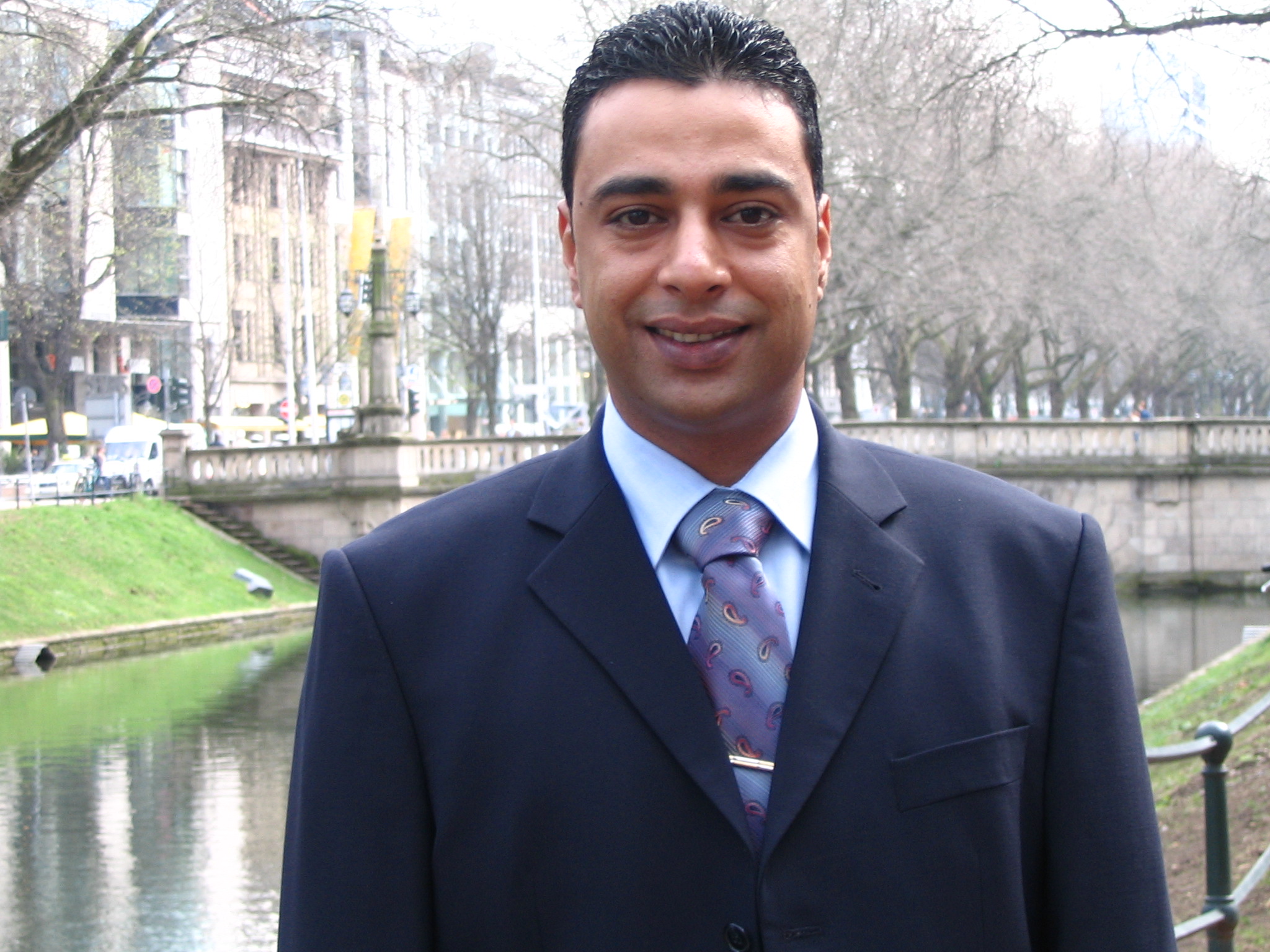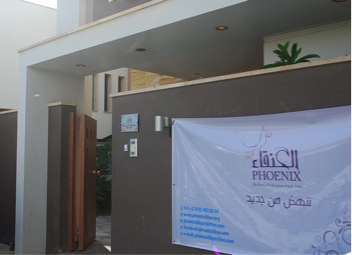By Michel Cousins.
Tripoli, 6 June:
A year ago to the day, there took place in Khoms one of the more revolting demonstrations . . .[restrict]of the utter inhumanity to which the Qaddafi regime had sunk.
Non-Libyans have probably never heard of the Khoms container killings. Most Libyans have. They have gone down in the annals of the revolution as being an horrific demonstration of the depravity of Qaddafi’s minions.
Twenty-one people in Tripoli, Zawia and Khoms had been arrested by the regime last May, suspected of supporting the revolution. Those from Tripoli and Zawia were taken to Khoms for interrogation by the head of the Military Intelligence there, Mohammed Dabub, who was directly under the authority of Abdullah Senussi. It has been reported they were tortured there.
They were kept prisoner in a 40-foot metal container. The doors were opened from time to time to let in fresh air and food and water was provided occasionally.
On 4 June, Dabub was called to Tripoli. He gave orders to the guards that the container was not to be opened. It appears he then forgot about it. But his minions did as they were told despite the fact that it was full summer and the heat was beating down. The outside temperature was in the upper 30s. The only ventilation inside came from a few bullet holes. For three days the prisoners inside slowly suffocated. They banged on the sides. But no one dared open it.
Eighteen of the prisoners baked to death. Among them was Tripoli businessman Tariq Bin Halim, a relative of Mustafa Ben Halim, a former prime minister under the monarchy. He died at 1.30pm on 6 June, according to one of the three survivors, Khoms resident Mohammed Tarhouni. An asthma sufferer, he was the first to die.

Ben Halim had been seized at his home in Hay Andalus on 21 May, 2011. No reason was given at the time but he was a close friend of Tariq Ishneina, one of the brigade leaders in Misrata. Bin Halim’s family also believe that he had been supporting the revolution financially. Those who arrested him, ransacked the house, smashing furniture, and took away with them money, gold and three cars.
When Dabub returned to Khoms on the evening of 6 June, he was horrified at what had happened. According to his deputy, Ali Al-Bishti, He started shouting at people “Why didn’t you open the doors?” The guards replied that he had ordered them not to.
His response was to hide the evidence. The 18 bodies were taken and dumped in a hole by the side of the road that had been dug to lay electricity cables in Al-Orban, near Gharian. It meant a 100-kilometer journey to Tripoli and another 80 kilometres to Gharian. “They wanted to hide the bodies and get them as far away from Khoms as possible,” said Hani Benali, Ben Halim’s brother-in-law.
According to Al-Bishti, Dabub suffered remorse at what he had done. He says he went into his office and started drinking heavily. On the next day he was still there. Guards went in and found he had had a massive stroke. He was transferred to Khoms hospital, and died in the evening at around 5pm.
Bishti, who then took over, was arrested at the beginning of November on the road between Bani Walid and Tarhouna, He is now being held in Misrata jail awaiting trial. All the guards and those who arrested Ben Halim are also now under arrest except for one, Bubakr Mohammed Dabub, the son of Mohammed Dabub. He remains at large.
The story of the Black hole of Khoms is sickeningly reminiscent of those of Auschwitz, Dachau and the Nazi concentration camps, although on a far smaller scale, of course. But they all show how an authoritarian regime can so dehumanise those who serve it that they no longer see their prisoners as human beings, but as mere encumbrances who, in the words of Muammar Qaddafi, can be disposed of “like rats”. [/restrict]











